Designing on Longer Time Scales
Season 2: Episode 1 – Dr. Jacquelyn Gill
Do you wonder if the little things you do to help fight our climate crisis matter? You’re not alone. Maine-based paleoecologist Dr. Jacquelyn Gill shares with Eric the amazing power of embracing hope over wallowing in despair to battle for every fraction of a degree. Tune in to learn more about why little things do matter, Jacquelyn’s thoughts on how designers play an important role in telling stories of climate data, and why designing on longer timescales helps make the most responsible creations.
Mentioned in this episode
“Discourses of Climate Delay”, the climate article mentioned by Jacquelyn
Listen to this episode on: Spotify, Apple, Google and other places you get your podcastsAbout our guest
Jacquelyn Gill is an ecologist and biogeographer interested in how landscapes change through space and time. She combines an interdisciplinary approach and a deep-time perspective to inform conservation and ecology. Here, she writes about ecology and climate change over time from the last ice age to the present day, and how our understanding of the past can help prepare us for the future. She also writes about Academia, diversity in STEM, science communication, and the occasional dung fungus.
In Fall 2013, Jacquelyn joined the University of Maine as an Assistant Professor of Paleoecology & Plant Ecology with the School of Biology & Ecology and the Climate Change Institute. In addition to geeking out in the lab, in the field, and online, she enjoys games, knitting, science fiction, discovering new craft cocktails, cuddling her furry mesofauna, and exploring Maine’s forests, rivers, and islands.
On the web
Music in this episode
Theme music by Casual Motive
Climate Design Assignments
At the end of each episode, we ask our guests what their ideal climate design project would be. They have four weeks with a class full of design students. We translated their response into a project brief that you can use for your class.

